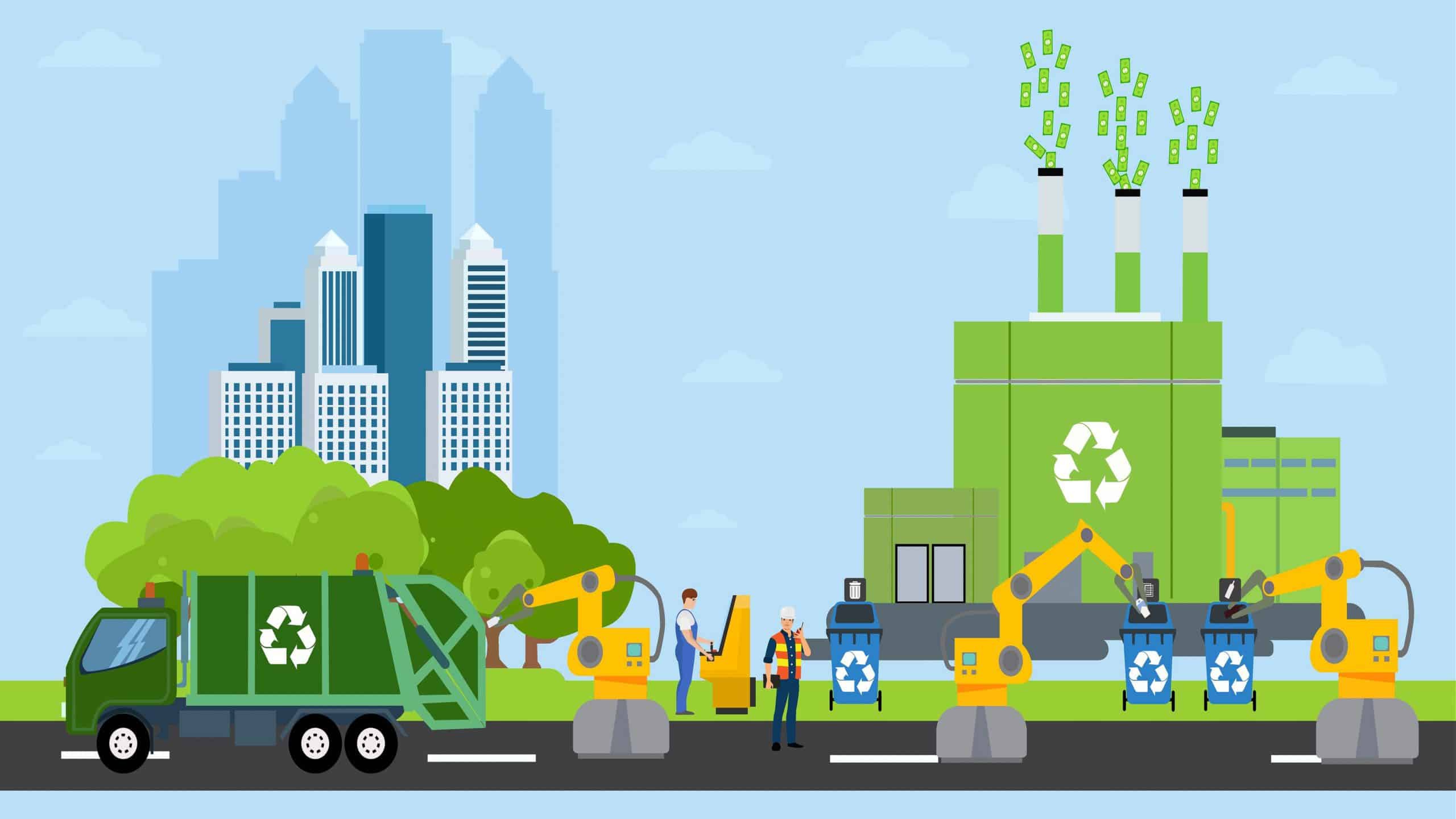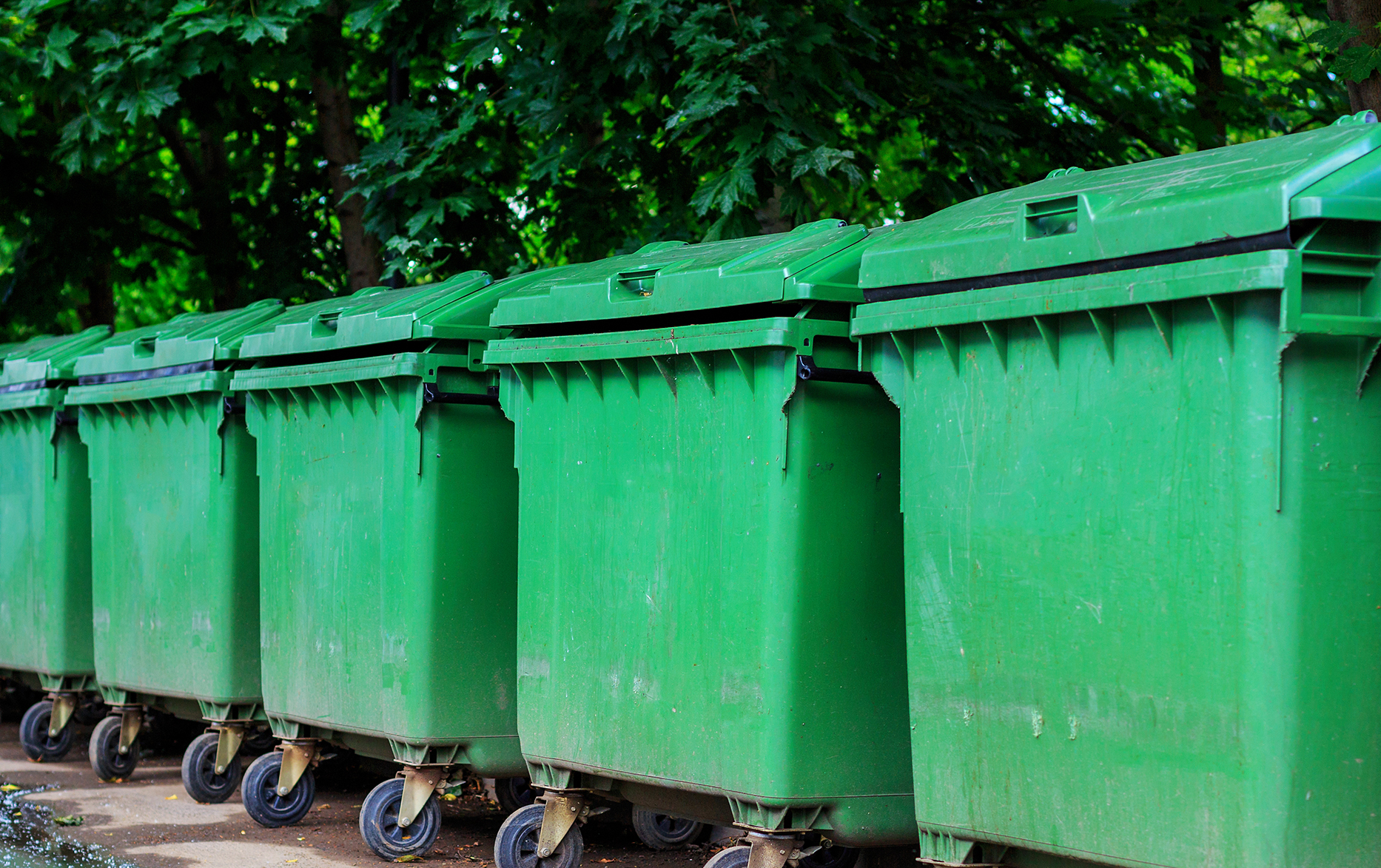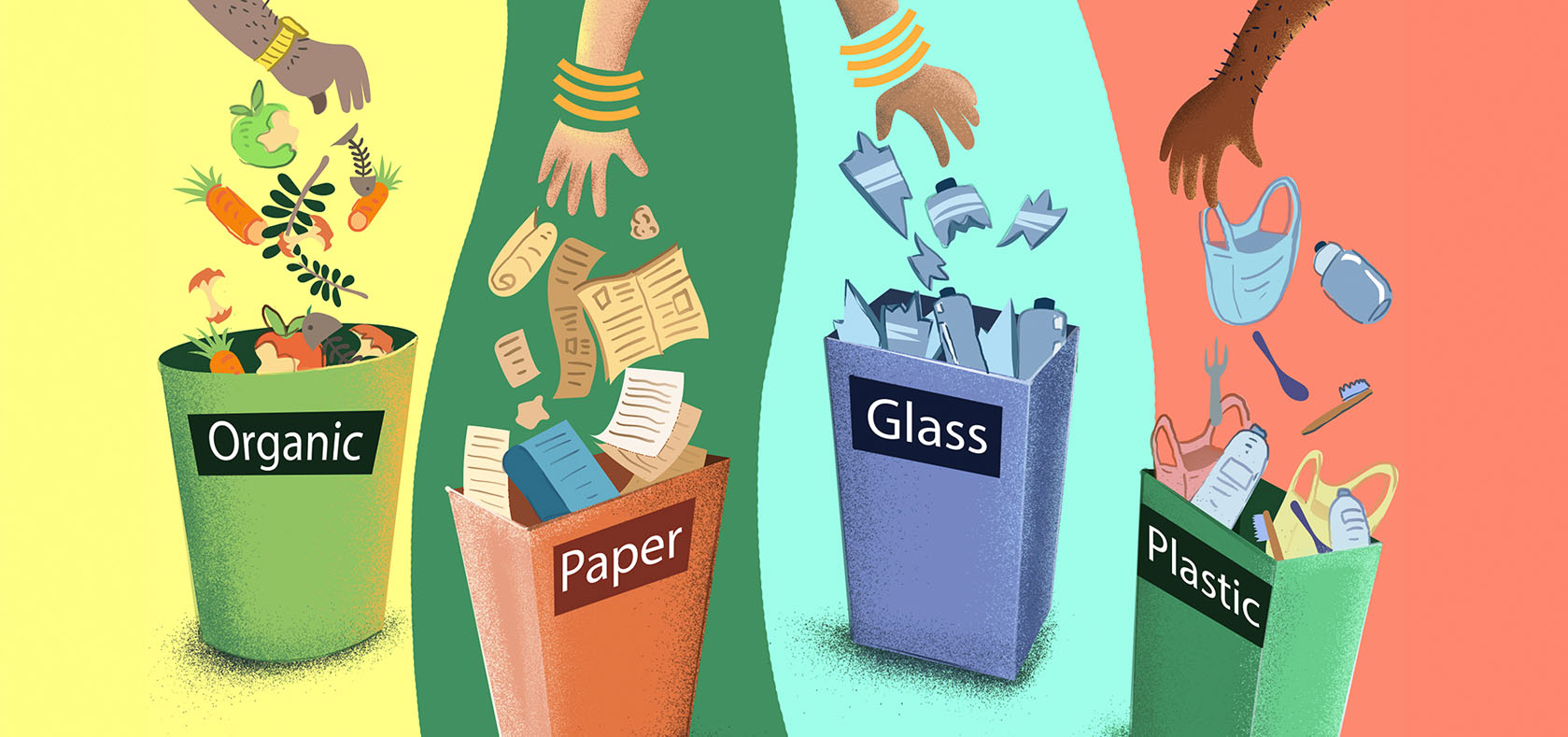Waste management is the process of collecting, transporting, processing, and disposing of waste materials. Recycling is the process of converting waste materials into new products to reduce the amount of waste that goes to landfills or incinerators. Dumpster rentals are services that provide temporary containers for the collection and disposal of waste materials. Together, waste management, recycling, and dumpster rentals are important aspects of modern society, as they help to protect the environment and promote sustainable living.
Waste Management
Waste management is an essential service that helps to protect the environment and human health. The process of waste management involves collecting waste materials, transporting them to a processing facility, sorting and separating them, and disposing of them in a safe and environmentally responsible manner. The goals of waste management are to reduce the amount of waste produced, minimize the environmental impact of waste, and promote sustainable living.
There are several types of waste materials, including municipal solid waste, hazardous waste, medical waste, electronic waste, and construction and demolition waste. Each type of waste requires different handling and disposal methods. Municipal solid waste, which includes household and commercial waste, is typically collected and transported to a landfill or incinerator. Hazardous waste, which includes chemicals, batteries, and electronic devices, must be handled and disposed of in a special way to prevent contamination of the environment. Medical waste, such as needles and other medical equipment, must be disposed of in a way that prevents the spread of disease. Electronic waste, which includes computers, phones, and other electronic devices, can be recycled to recover valuable materials such as copper, gold, and silver. Construction and demolition waste, which includes debris from building sites, can be recycled or disposed of in a landfill.
The management of waste materials requires a coordinated effort among government agencies, waste management companies, and the public. Governments are responsible for setting regulations and standards for waste management, as well as providing funding for waste management programs. Waste management companies are responsible for collecting and processing waste materials, while the public is responsible for properly disposing of waste materials.

Recycling
Recycling is the process of converting waste materials into new products. Recycling is an important aspect of waste management because it helps to reduce the amount of waste that goes to landfills or incinerators. Recycling also conserves natural resources, reduces energy consumption, and helps to protect the environment.
There are several types of materials that can be recycled, including paper, plastic, glass, metal, and electronics. Each type of material requires different handling and processing methods. Paper and cardboard can be recycled by pulping and reprocessing the fibers to create new paper products. Plastic can be recycled by shredding and melting it down to create new plastic products. Glass can be recycled by crushing it into cullet, which is then melted down and used to create new glass products. Metal can be recycled by melting it down and using it to create new metal products. Electronics can be recycled by disassembling them and recovering valuable materials such as copper, gold, and silver.
Recycling is a complex process that requires a coordinated effort among government agencies, waste management companies, and the public. Governments are responsible for setting regulations and standards for recycling, as well as providing funding for recycling programs. Waste management companies are responsible for collecting and processing recyclable materials, while the public is responsible for properly disposing of recyclable materials.

Dumpster Rentals
Dumpster rentals are services that provide temporary containers for the collection and disposal of waste materials. Dumpster rentals are an important aspect of waste management because they provide a convenient and cost-effective way to dispose of large amounts of waste materials. Dumpster rentals are commonly used for construction and demolition projects, home renovations, and special events.
There are several types of dumpsters available for rent, including roll-off dumpsters, front-load dumpsters, and compactors. Roll-off dumpsters are large containers that can be delivered to a location and then removed once they are full. They are commonly used for construction and demolition projects because they can hold large amounts of debris. Front-load dumpsters are smaller containers that are commonly used by businesses and apartment complexes to collect and dispose of waste materials. They are emptied by a garbage truck with a front-loading mechanism. Compactors are dumpsters that use hydraulic power to compress waste materials, allowing more waste to fit into the container. They are commonly used in commercial and industrial settings.
Dumpster rentals are typically provided by waste management companies. These companies deliver the dumpster to the desired location and then pick it up once it is full. The cost of a dumpster rental varies depending on the size of the dumpster, the duration of the rental, and the type of waste materials being disposed of. Waste management companies typically charge a flat fee for the rental, as well as additional fees for exceeding weight limits or for disposing of hazardous materials.
Dumpster rentals are an important aspect of waste management because they provide a convenient and cost-effective way to dispose of waste materials. By using a dumpster rental service, individuals and businesses can ensure that their waste is disposed of in a safe and environmentally responsible manner. Dumpster rentals also help to reduce the amount of waste that goes to landfills or incinerators, promoting sustainable living.

Waste management, recycling, and dumpster rentals are important aspects of modern society. They help to protect the environment and promote sustainable living by reducing the amount of waste that goes to landfills or incinerators. Waste management involves collecting, transporting, processing, and disposing of waste materials in a safe and environmentally responsible manner. Recycling involves converting waste materials into new products to conserve natural resources and reduce energy consumption. Dumpster rentals provide a convenient and cost-effective way to dispose of waste materials, promoting sustainable living. By working together, governments, waste management companies, and the public can ensure that waste materials are handled and disposed of in a safe and environmentally responsible manner.

